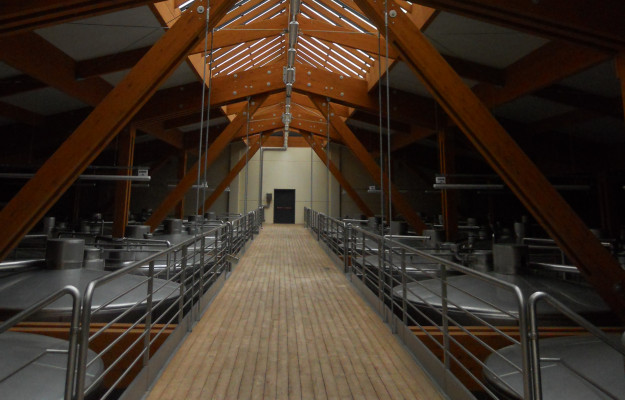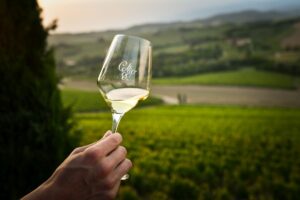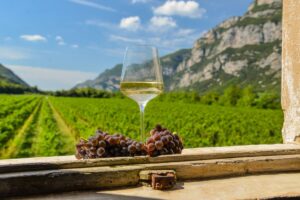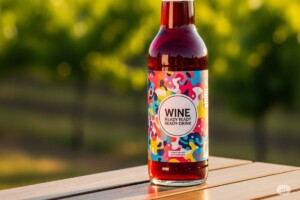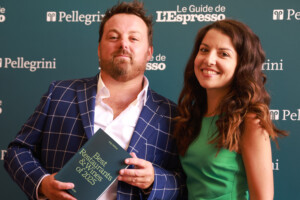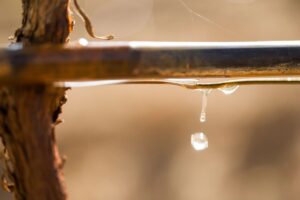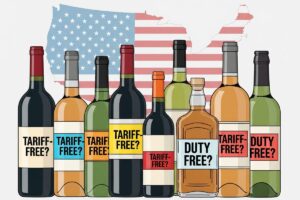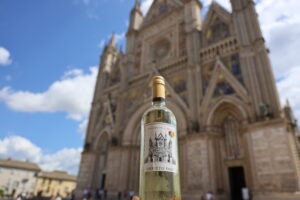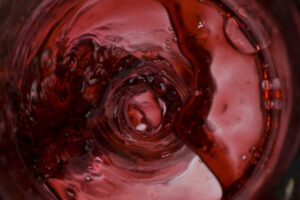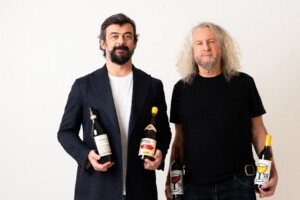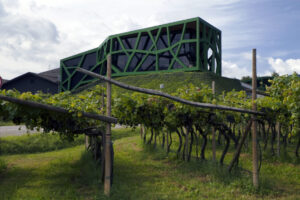Drinking in moderation, perhaps a glass a day, is healthy advice as well as a good remedy against depression (according to a 2019 Swedish study). Now, even wine waste will be good for your body’s health. The most recent example of “agro cosmetics”, a practice including other products such as oil, lemon or beer, has come from Oltrepò Pavese. The Terre d’Oltrepò winery, the Department of Pharmaceutical Sciences of the University of Pavia and its spin-off, Etichub have launched a project to enhance the by-products of the wine industry from grape pressing waste to obtain ingredients to use in cosmetics. It has been estimated that the project will take a period of 24 months and will be divided into 5 main phases, ranging from processing the by-products to developing the actual products. It is a “green” project, since it involves the use of sustainable and exclusively locally sourced ingredients. Furthermore, the project also aims to find economic alternatives for the Oltrepò Pavese territory.
The president of Terre d’Oltrepò, Andrea Giorgi, explained, “in this way natural, sustainable and functional ingredients will be made available to the cosmetics supply chain, creating a new sector for the economic development of the area”.
The residue from grape processing includes the peel, pips (seeds) and stalks and has a variable chemical composition, depending on several factors, such as the climate, the place of their origin and the variety of the grape. Grape seeds are rich in phenolic antioxidants, while the skins contain an abundance of anthocyanins, which are responsible for coloring. “Phenolic compounds and lipophilic constituents, such as essential fatty acids and vitamins, as well as proteins, non-digestible carbohydrates and non-phenolic antioxidants, such as tocopherols and beta-carotene, which are contained in the by-products of grape processing”, as we read in the project presented by the University of Pavia and Etichub, of which Dr. Paola Perugini is the scientific director, “could be a substantial economic alternative for the Oltrepò area, due to its potential applications in the pharmaceutical, cosmetic and food industries”.
Copyright © 2000/2025
Contatti: info@winenews.it
Seguici anche su Twitter: @WineNewsIt
Seguici anche su Facebook: @winenewsit
Questo articolo è tratto dall'archivio di WineNews - Tutti i diritti riservati - Copyright © 2000/2025










